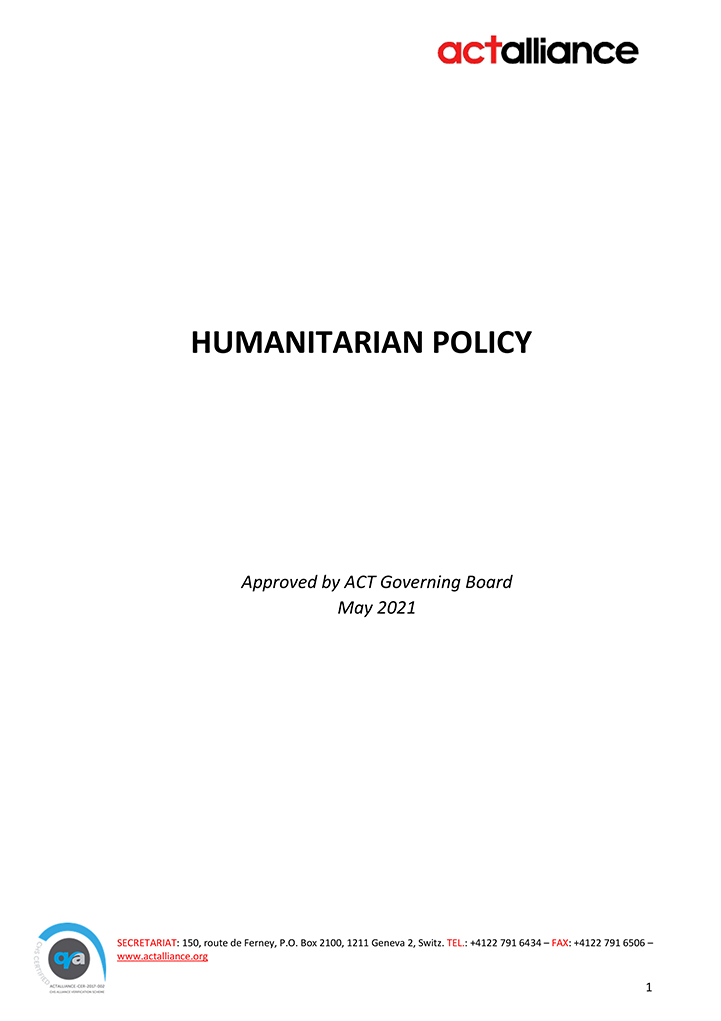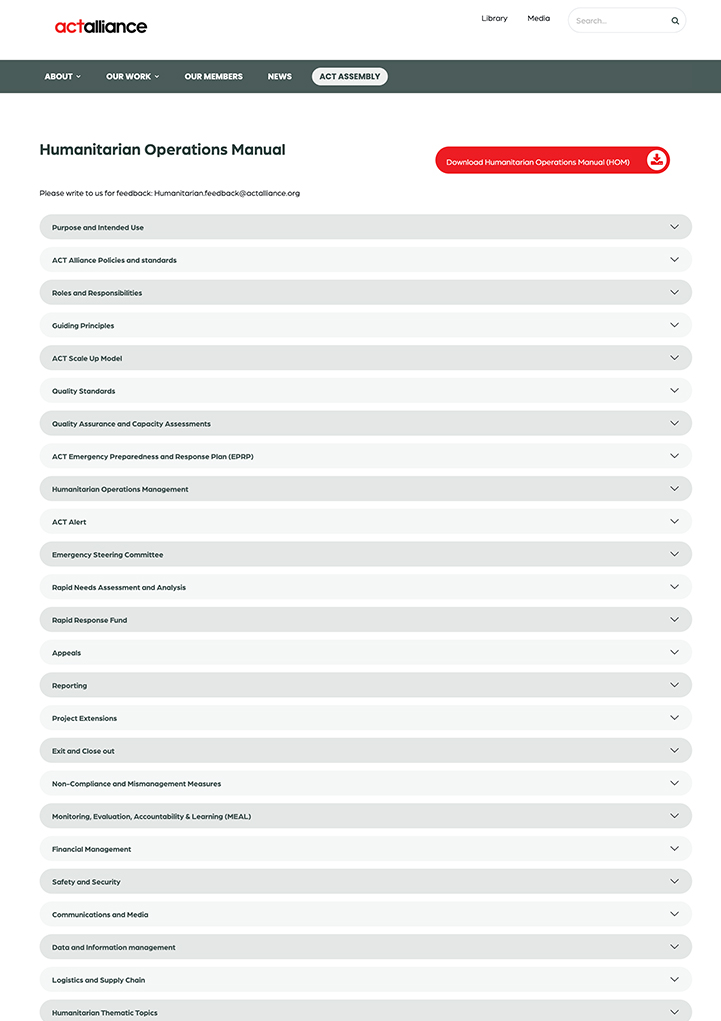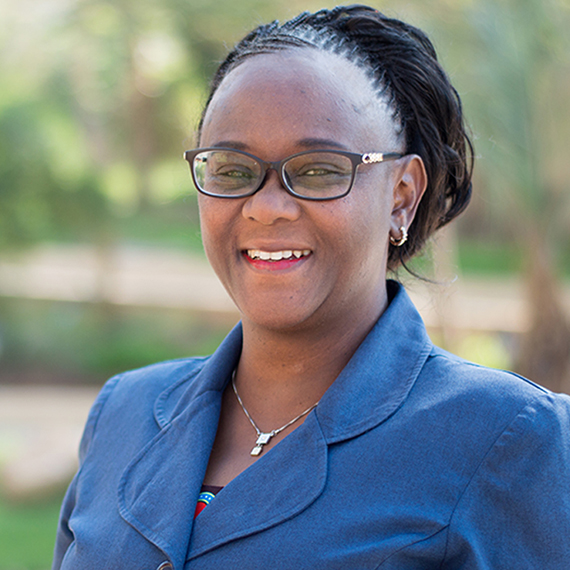Two massive 7.8 and 7.3 magnitude earthquakes struck Nepal on 25 April 2015 and on 12 May 2015. The epicenters were in Gorkha and Sindhupalchowk Districts and were the most powerful earthquakes to hit the region since the Bihar earthquake of 1934. The impact has been devastating, both in terms of loss of life and destruction of infrastructure. According to the Nepal Government Ministry of Home Affairs, there were 8,891 fatalities, 22,302 injured, 604,930 homes totally destroyed, and a further 288,856 homes partially damaged.In addition, water supply and sanitation has been fully or partially disrupted for 4.2 million people (OCHA), 25,000 school classrooms were damaged or destroyed with 870,000 children unable to return to school (UNICEF), 1.4 million people needed food assistance in the first 3 months of the emergency (WFP), 10 hospitals and 600 smaller health facilities were damaged (WHO), and many roads in the disaster affected districts were damaged. Many people’s livelihoods were destroyed through the loss of seed stocks, livestock, and standing crops. Additionally, large numbers of people continue to suffer psycho-social trauma from the death and destruction caused by the earthquake. The total value of the damages and losses caused by the 2015 earthquakes is estimated to be NPR 706 billion (approx. US$ 7 billion).In early January 2016, ACT Joint Monitoring Visit (JMV0 team discussed and agreed the need for additional response time and a follow-up ACT appeal – NPL161. This Appeal has incorporated the JMV recommendations based on working sectors – WASH, Shelter, DRR, PSS, Education and Livelihoods. As one of the least developed countries, Nepal’s capacity to respond to the massive recovery and reconstruction needs is limited, and the government of Nepal has appealed to the international community to assist in this process.ACT Nepal Forum members which are DCA, FCA, ICCO, LWF, and LWR consequently planned to continue the following projects in responding to the emergencies through the NPL 161 - Nepal Earthquake Recovery, Reconstruction and Resilience (3R). Appeals_Nepal Earthquake Recovery, Reconstruction and Resilience_NPL161_3R











